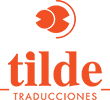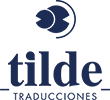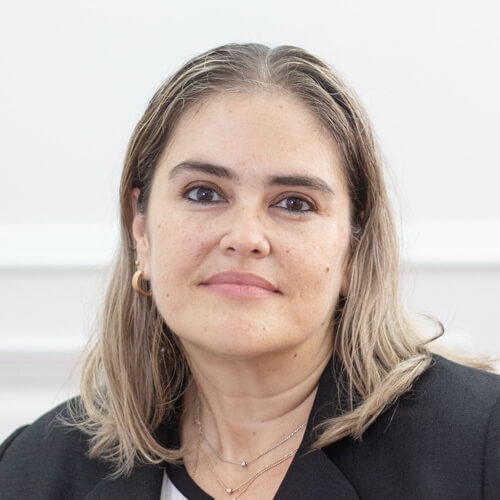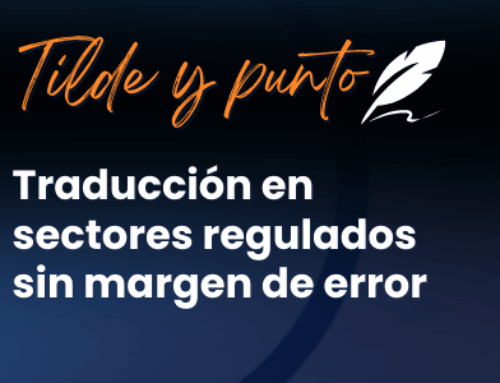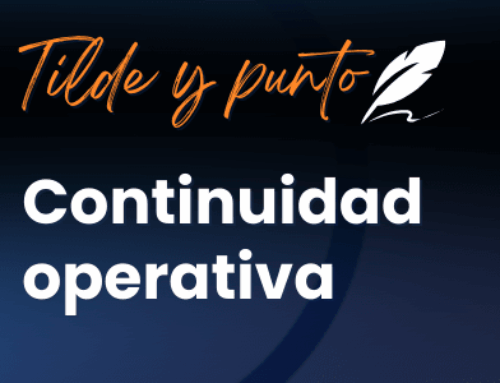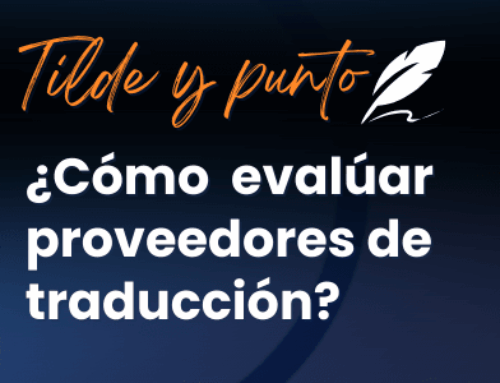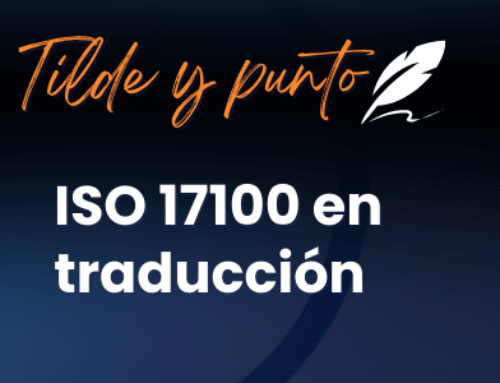How We Contributed to the Format of Certified Translations in Costa Rica
For many years, certified translations in Costa Rica followed a rigid, outdated format that mirrored notarized documents. These required line-by-line numbering and a continuous text flow — a legacy that originated in the typewriter era. However, this manual process consumed translators’ valuable time, especially when translating non-legal documents like labels, technical reports, or certificates of free sale.
As client needs evolved and digital tools became integral, it became clear that the traditional format no longer met modern expectations. There was a pressing need for updated regulations that allowed cleaner, professional formats reflecting original documents faithfully, and optimizing both translators’ workflows and client experience.
In 2017, Natalia Acuña—founding partner of Tilde and certified official translator—played a pivotal role in initiating this modernization. She participated actively as an advisor and key member of the committee formed by the National Association of Official Translators and Interpreters of Costa Rica (ANTIO). Alongside esteemed colleagues Helmuth Ángulo, Mark Bogan, Eugenia Cartín, Yamilett Blanco, and Ricardo Vargas, Natalia spearheaded a proposal that reimagined official translation formats for the 21st century.
Natalia led technical discussions and formally presented these proposals to ANTIO members and the Legal Directorate of the Ministry of Foreign Affairs and Worship (MREC). Ultimately, these changes were ratified through Executive Decree 40824-RE, published in Official Gazette La Gaceta on December 22, 2017 — a milestone for certified translation practice in Costa Rica.
Thanks to these reforms, numbered lines were eliminated, white space was incorporated, and a modern, clear document format that mirrors original texts was adopted. This transition greatly streamlined certified translators’ work and significantly improved the quality and presentation of translations, delivering clearer, more professional documents to clients.
At Tilde, we are proud that Natalia’s leadership helped drive this important step forward. Her contribution embodies our commitment to our clients and to the advancement of Costa Rica’s professional translators’ guild. Modernizing this system was essential, and Tilde’s involvement demonstrates how we align translation practices with global quality and professionalism standards demanded today.
